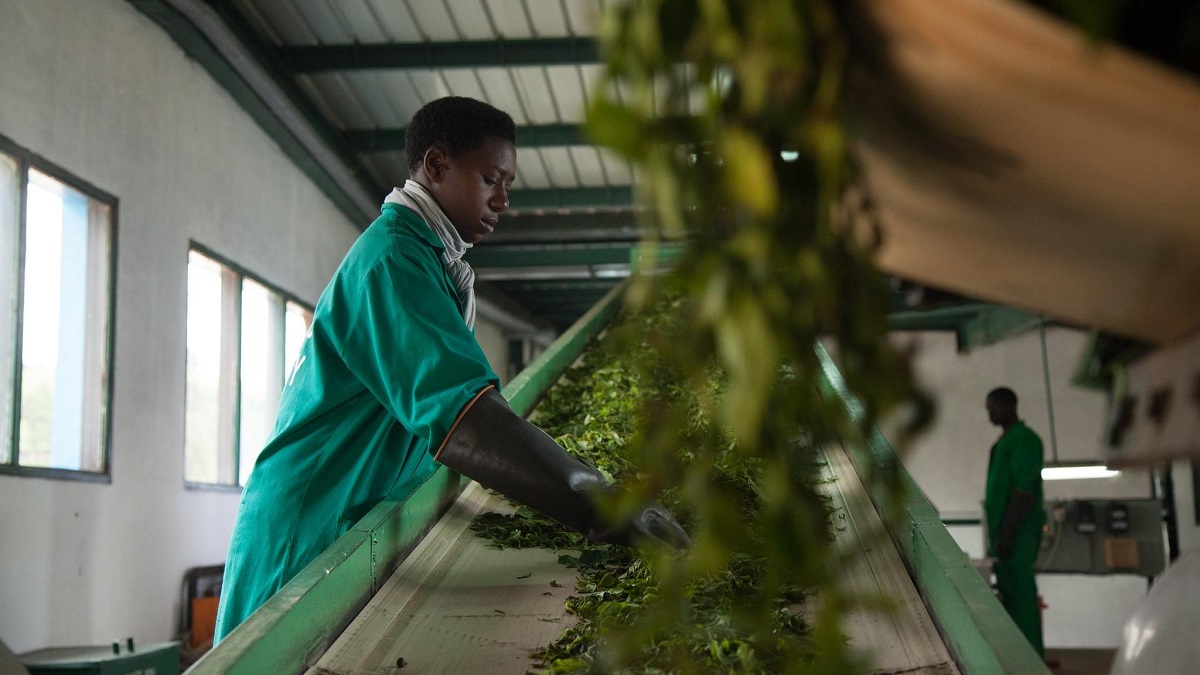The world’s most vulnerable economies need urgent global action as current crises threaten to reverse decades of development gains.
© UN-OHRLLS
The world’s 46 least developed countries (LDCs) are being hit the hardest by multiple crises including the COVID-19 pandemic, climate crisis, growing inequalities, rising debt burdens and economic shocks.
The LDCs face the challenge of high debt costs while having inadequate liquidity to provide essential services. In the last decade, debt service costs in LDCs have jumped from around 5% in 2011 to over 20% today.
To address this, the UN Conference on Trade and Development (UNCTAD) is rallying global action to help these countries build resilience to economic shocks and safeguard their hard-won development gains.
UNCTAD’s Secretary-General Rebeca Grynspan and Deputy Secretary-General Pedro Manuel Moreno will lead the organization’s delegation to the fifth UN conference on LDCs (LDC5) taking place in Doha, Qatar from 5 to 9 March. They will make a strong call to accelerate economic development in LDCs in the next decade.
UNCTAD urges tackling debt, investment and productive capacities
UNCTAD is calling for effective debt relief and international support to build stronger productive capacities as the basis for economic and export diversification and a just, balanced and sustainable low-carbon transition in these nations.
Despite growth in sustainable finance, investment flows are concentrated in developed and emerging economies, bypassing LDCs. LDCs need more investment, but their share of global foreign direct investment flows has mostly remained below 2%.
UNCTAD supports these countries to improve their capacity to attract investment in sustainable development-related sectors such as agribusiness, tourism, manufacturing, energy, infrastructure, ICT and technology-enabled services.
LDCs need more investment
LDCs are the most vulnerable economies in the world, accounting for only 1.3% of global gross domestic product and trading under 1% of world merchandise exports, even though they represent 14% of the world population.
Foreign direct investment (FDI) flows to LDCs have only grown modestly in recent years. Their share of global FDI between 2011 and 2019 mostly remained below 2%. Global crises slashed FDI flows in 2022, with further declines expected in 2023, according UNCTAD data.
Developing countries received $372 billion in Sustainable Development Goals (SDGs) investment in 2021, with LDCs receiving only 15%, a decline from 19% in 2020.
Investment in LDCs has fallen in sectors critical for the SDGs such as food, agriculture, health and education.
UNCTAD’s support for LDCs
UNCTAD supports LDCs to access the benefits of the global economy, promoting structural transformation, fostering economic and export diversification, building links to global and regional value chains and supporting a new development strategy for these countries to be able to graduate from LDC status.
These include UNCTAD’s debt management programme, DMFAS, its customs management programme, ASYCUDA, and a project to diversify Angola’s economy.
UNCTAD’s Productive Capacities Index helps LDCs assess the status of their productive capacities and how they can be improved.
It provides a data-driven evidence base for assessing levels of productive capacities and identifying gaps and areas of opportunities.
UNCTAD’s agenda at LDC5 will focus on improving productive capacities, addressing systemic vulnerabilities, promoting investment, designing new industrial policies and exploring LDC trade priorities for the next decade.
Read more about the its work in building resilience in LDCs or explore its Least Developed Countries Report 2022.

